Our agenda this week had several items on it related to the Covid-19 crisis1:
- Receive an Update on the Coronavirus (COVID-19)
- Discuss and Direct Staff Concerning a Moratorium on Commercial Evictions
- Consideration of Adopting a Resolution Establishing a Tenant Assistance Program, Authorizing the City Manager to Enter into an Agreement Designating Samaritan House as Program Administrator, and Appropriating $112,000 from the Housing Fund to Fund Said Program
- Consideration of Adopting a Resolution Appropriating Funds from the City’s Unassigned General Fund to the San Mateo County Strong Fund to Assist San Carlos Small Businesses
- Consideration of Adopting a Resolution Authorizing the City Manager “Continuing Resolution Authority” Consistent with the Adopted and Amended Fiscal Year (FY) 2019-2020 Annual Operating and Capital Budget Until the Adoption of the FY 2020-2021 Budget for a Period of No Longer Than 90 Days Starting on July 1, 2020
- Future Covid-19-related topics to consider discussing (more on this below)
Staff is continuing to do a great job managing the impacts this crisis is having on the San Carlos community, helping people in need and supporting the large numbers of volunteer organizations which have self-organized in the way that San Carlos always does.
Moratorium on Commercial Evictions
The Federal, State and County governments have all taken significant actions to minimize the risk of people being forced out of their homes as a result of Covid-19, whether they are owners or renters.
The activity on the commercial front has been more nuanced. That’s because the law is less clear on precisely what authority government has, as of today, to adjust contractual relationships between landlords, banks and commercial tenants.
But some local communities2 have taken steps. The Council was discussing whether or not to do so, too.
Staff explained there are measures in place to prevent any actions that could result in an eviction from moving forward. For example, California’s state courts, which handle these matters, has announced they will not entertain any such actions until some period of time after the Governor lifts the current state of emergency. Since executing an eviction order can only be done by law enforcement, and since they won’t act without a court order, the effect is to stop evictions from occurring during the crisis.
However, in response to questions I asked staff also said the special actions taken by other communities go beyond merely stopping evictions. Those other emergency ordinances give commercial tenants a right to not pay tenancy costs (e.g., rent) if doing so would threaten their continued operation3.
Whether that emergency right will hold up in court is an open question. But it’s clearly more than simply blocking evictions. I could see situations where the eviction ban is lifted and a commercial tenant gets hit with a huge bill for back rent which cannot be met because the tenant’s business has not begun to recover, driving them into bankruptcy. As I understand it, the additional protections put in place by those other communities would reduce or eliminate that risk.
There was no interest on the dais in considering following those other communities at this time, although there were comments made to the effect we might revisit the situation. I was still mulling over what I’d learned in the meeting so didn’t push to continue the discussion. But I think we may have left a hole unpatched that we should address. If you’re a business owner facing risks related to your lease I’d appreciate hearing from you.
Tenant and Small Business Support Funds
These two items formed an interesting pair, and led to one of the more interesting experiences I’ve had on the Council.
The basic idea behind them is simple, straightforward and reasonable: help those people and businesses most in need with a bit of financial support provided by the community. To avoid stretching scarce staff resources4, do this in partnership with existing, more experienced grant organizations5.
What was odd was how the discussion played out. There seemed to be more focus on what we should do to help small businesses than there was on helping residents participating in our affordable housing program. I argued that we ought to, at least, not put more money into the business side than the resident side. But there was significant opposition to doing that. In the end I voted against the first measure because we weren’t recognizing the relative importance of residents versus small businesses. I was comfortable doing that because I knew the motion would pass without my support.
Then things got really weird. There was a lot of discussion about providing support to businesses…but when it came time to decide on how much money to approve we seemed to fall into an “after you, my dear Alphonse” situation.
So I suggested we fund the business program at exactly the same level as the resident program. Which passed, unanimously6.
For those who may think this means I don’t care about small/local business let me assure you that’s not the case. A healthy, vibrant business sector significantly enhances a community. But people are the community. Helping businesses in a crisis is important, and necessary. But people always come first.
The Budget
We adopted a continuing resolution which authorizes the city to keep operating at the same budgetary levels as the current fiscal year budget7. New projects will have to come back to the Council for special approval.
The important part of the budget discussion revolved around what revenue projections staff will bring back to us and when those will be available. Our revenues come from a few sources, each with a different risk profile in terms of the Covid-19 crisis:
| Sales taxes | Variable, as people defer purchases. On the other hand, significant economic downturns (e.g., the Great Recession) don’t eliminate sales tax revenue. Near-term, though, our near total economic shutdown will likely be worse than a major recession. |
| Property taxes | Pretty stable, dropping only if and when property owners petition for re-assessment or re-assessment occurs as properties are sold at lower prices. On the other hand the median value of a home in San Carlos (probably around $700-750,0000) is so far below current selling prices (averaging over $1,500,000 as I recall) that the market would have to cool considerably for total assessed value to drop. Its growth would definitely slow, though, as prices come down. |
| Hotel taxes | Very variable as they are driven mostly by business activity, which is mostly shutdown today and likely will take a while to recover after the emergency bans are lifted (and could take quite a while to get back if the anticipated recession is lengthy). The city is pursuing collecting these taxes from hotels rented by various levels of government for use as quarantine sites. |
| Developer fees | Pretty variable and definitely so in the short term. Medium and longer term it will depend on the overall trajectory of the economy. But it’s worth remembering while the Great Recession delayed most development it came back strongly fairly quickly. There’s also a lot of state and federal money targeted, broadly, at supporting development through the crisis. |
| Everything else | Probably mostly driven by how the economy’s trajectory impacts individual residents. |
I pushed very hard for staff to start developing forecasts on the amount and trajectory of our revenues. I don’t want to wait until we start having data being reported by our various tracking services8. I’d rather have more timely forecasts, even less accurate ones, so we can make rational decisions on how to structure the city for the medium and longer terms9.
A six month blip that turns into a fairly solid overall economic rebound is one thing. A six month blip that turns into a major lingering recession spanning years is something else entirely. Obviously, no one has the crystal ball necessary to distinguish between the two…but that’s still the decision-making environment we’re in, and we have to have as much forecast information as we can get, however inaccurate it may be, to guide our thinking.
Future Topics
These were items not for discussion at Monday’s meeting but to consider putting on some future Council agenda. Here’s the list:
| Volunteer case workers | Establish a program of volunteer case workers who could act as advisors to community members seeking to find what kinds of assistance programs are available for them. In some ways this is an extension of the 211 and “offer to help/ask for help” work the city has set up, except on a broader and personal level. |
| Advisory commission | Set up an advisory commission, of citizen volunteers, whose aim would be to seek community input on two broad topics: addressing the longer-term consequences of this outbreak (and future ones); and, developing policy recommendations for the Council. |
| Review forecast of city revenues | Self explanatory |
| Emergency relief | Consider establishing an emergency relief fund for the hardest-hit local businesses and residents |
| Moratorium on major development projects | Establish a moratorium on reviewing all major development projects, to extend at least 6 months past the lifting of the Governor’s state of emergency. It’s intended to compensate for a developer’s ability, while having staff work from home, to continue to move a project forward while we are forced to take time away from reviewing what, if any, changes we might want to make to our zoning/land-use regulations to deal with the Covid-19 emergency. The extension past the end of the state of emergency is to give the Council time to pursue that review process in a reasonable and thoughtful manner. If staff believes more time will be needed to gear back up the six-month figure should be expanded. |
The interesting thing about this list is what’s not on it. All of these items came from me; no one else offered any topics to consider. Thanx, by the way, for those of you who suggested ideas that I put on my list. I appreciate your taking the time to contact me about them.
There are two disturbing things about this list.
First, a couple of the items were discussed by the Council as separate agenda items (i.e., budget/revenues and emergency relief). But they got on the agenda by staff putting them there; I don’t recall the Council choosing to do so. In fact, there were some other items on my original, longer list which were simply enacted by staff (e.g., limiting construction hours during the emergency) without any Council discussion.
Second, what does it say when only one elected official is suggesting topics related to the emergency for the body to consider?
That’s not meant as a rhetorical question. And there are valid reasons for not suggesting ideas.
One often-cited reason is not wanting to over-tax already-stretched staff resources10. But talking about whether to talk about something in the future is not the same as talking about the idea itself. The former takes arguably no staff time at all. And the actual discussion may either not take much staff time to prepare or the Council could simply decide to discuss the topic based on deliberately-limited (to conserve resources) staff analysis. Not everything has to have every ‘i’ dotted and ‘t’ crossed before you talk about it.
I worry the Council, today, is not fully embracing its duty to the community to be its policy-making and direction-setting arm.
This isn’t a criticism of staff. I have tremendous respect for our staff, and particularly for our city manager, Jeff Maltbie11.
There’s a need to delegate, a lot, during a crisis. Legislative bodies aren’t executives, with the ability to think fast and act faster when circumstances demand speed. But even during a crisis there’s still a role for the community’s elected body to play. I hope we don’t forget that.
There were also a few consent calendar items, most of which were administrative items related to normal city operations. ↩
San Francisco, South San Francisco, San Mateo County — but only in unincorporated areas (i.e., outside of cities) and the City of San Mateo ↩
I’m simplifying this and, as always, remember I’m not a lawyer. ↩
Not to mention avoiding having to spin up a type of program we’ve never had before. ↩
For residents, Samaritan House; for businesses, the County’s San Mateo Strong program. ↩
Illustrating my observation that politics is highly non-Euclidean :). ↩
Which ends on June 30th. ↩
Recall that, for example, we collect sales tax revenues only after a lag because they’re actually paid to the state, which then apportions them out to the various agencies that benefit from them. ↩
Short term we have substantial financial reserves to address. ↩
This came up at our previous meeting when we were talking about whether or not to even talk about talking about topics. ↩
I’ve told him on more than one occasion that if he ever wants it I’ll write him the best recommendation he’s ever seen. Not because I want him to leave — I don’t — but because he’s that good. ↩
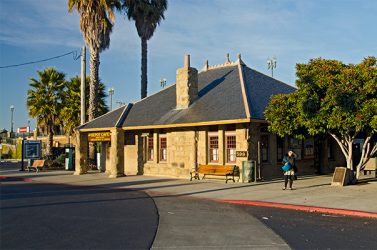

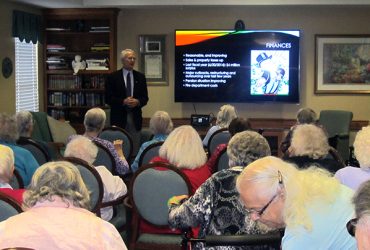
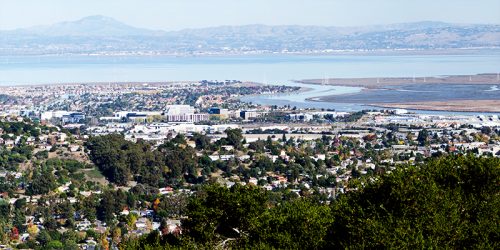
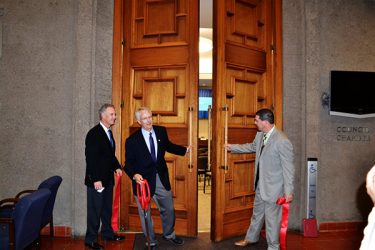

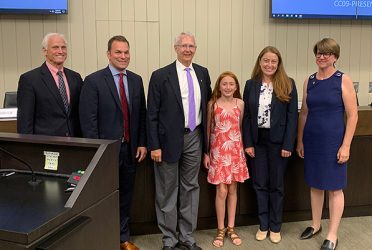

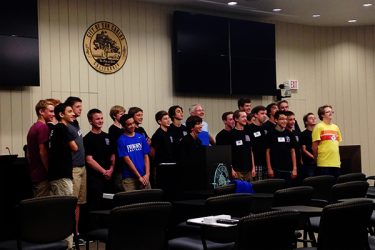
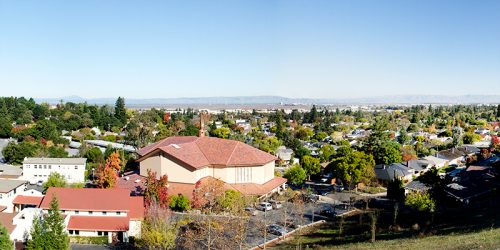
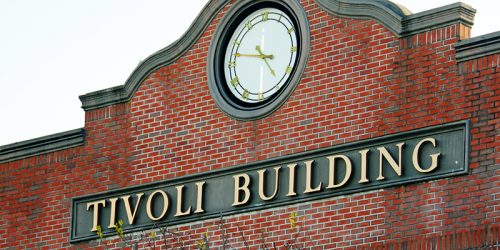




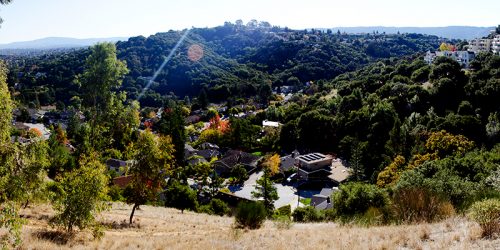




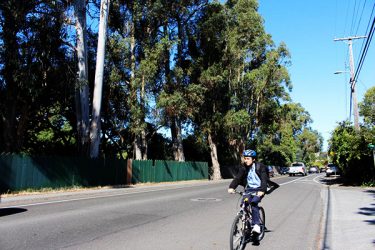

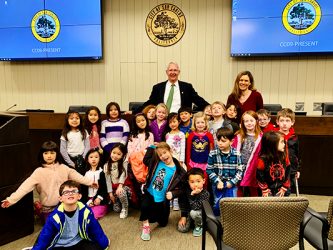
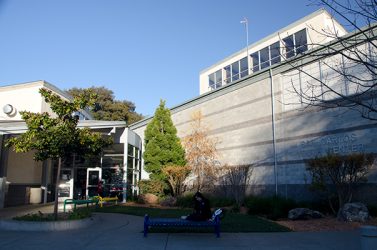


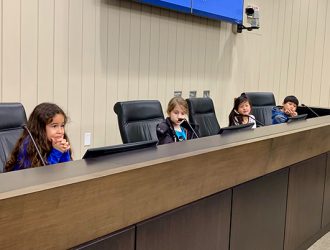


1 thought on “Working thru a Crisis: 4/13/2020 Council Meeting”
Mark… it appears that it’s getting as weird in there as it is out here :/ As usual, thanks for keeping us in touch. John & Bev